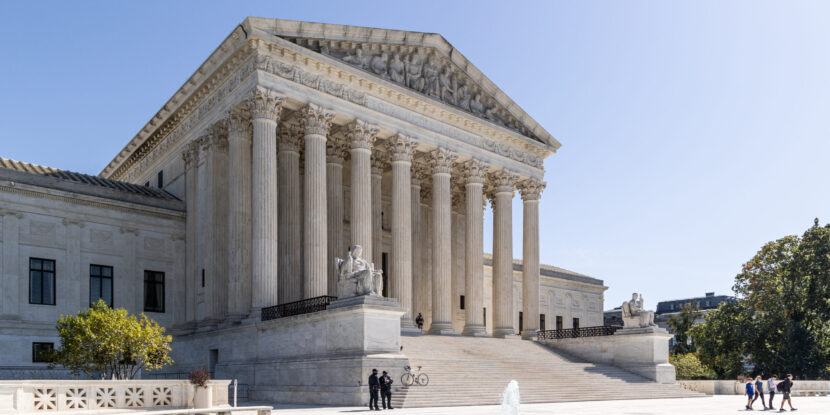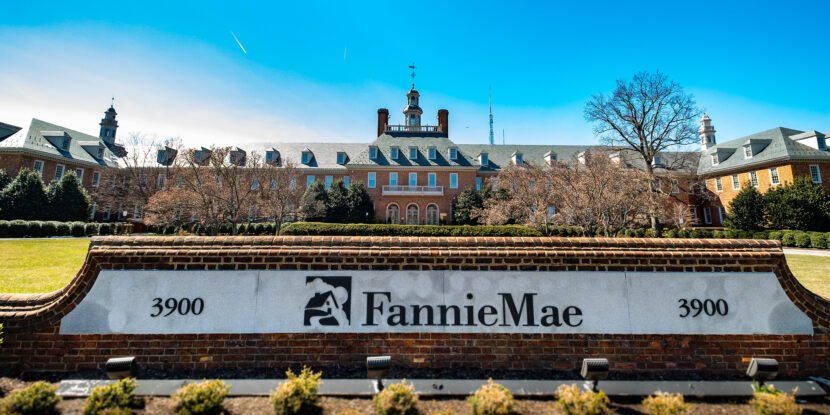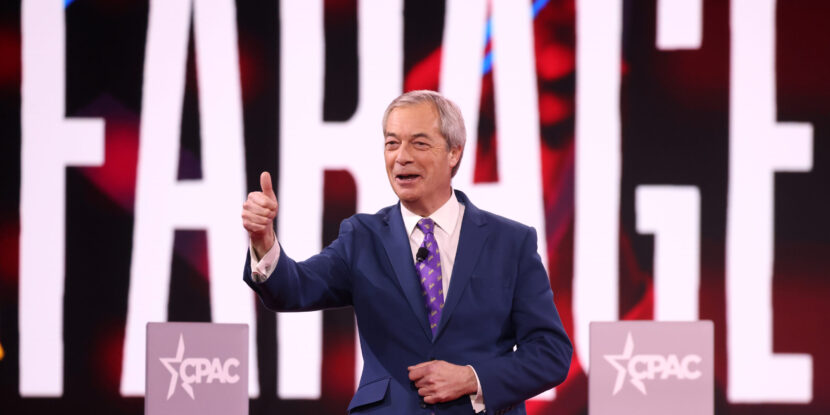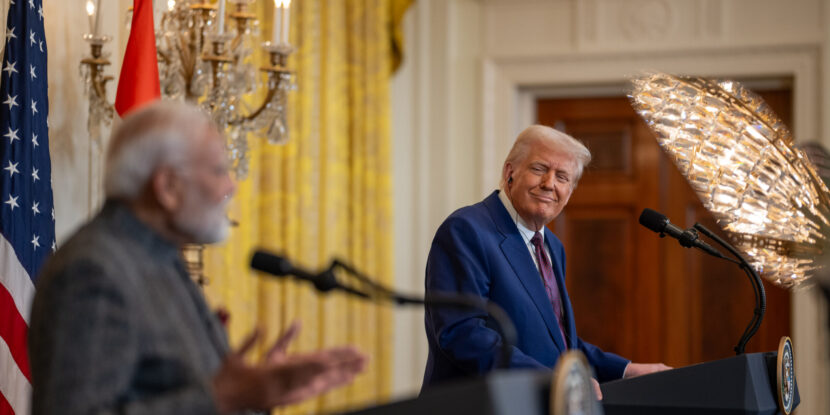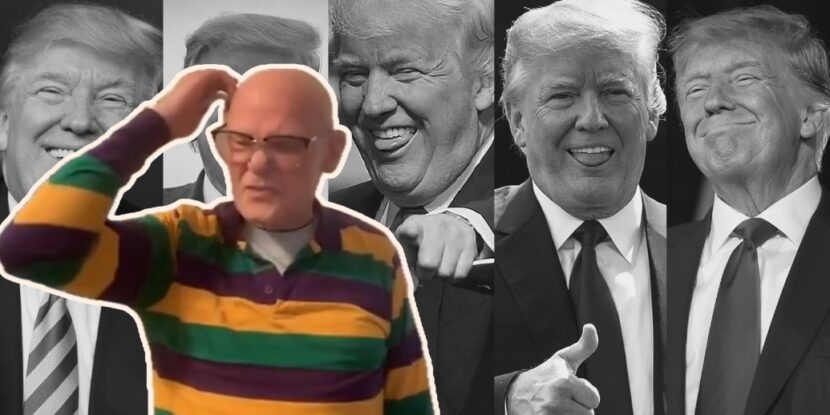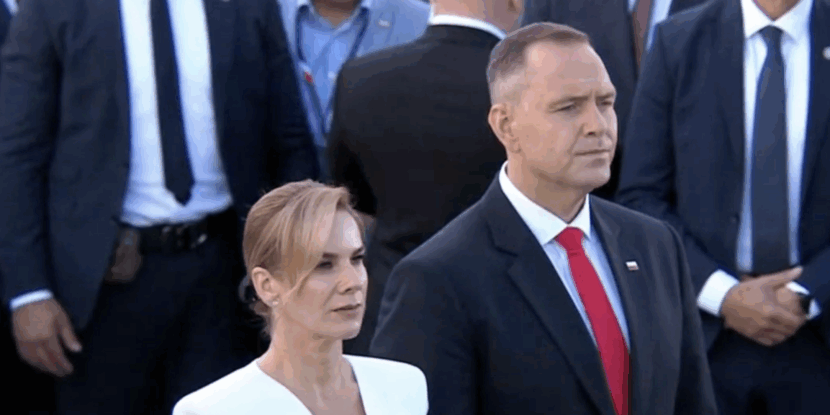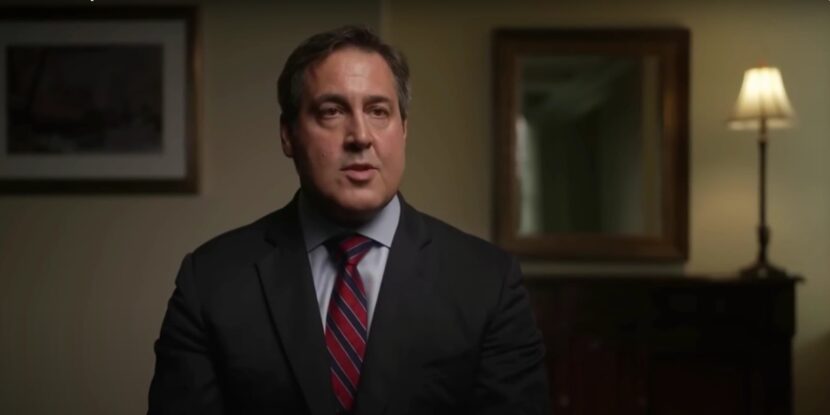❓WHAT HAPPENED: President Donald J. Trump’s Solicitor General is asking the Supreme Court to override restrictions on ICE operations imposed by judges in Los Angeles and California.
👤WHO WAS INVOLVED: President Donald J. Trump, Solicitor General D. John Sauer, U.S. District Judge Maame Ewusi-Mensah Frimpong, and the Ninth Circuit Court of Appeals.
📍WHEN & WHERE: Central District of California, with an appeal filed with the Supreme Court late Thursday.
💬KEY QUOTE: “Every day that the district court’s order remains in effect, law-enforcement officers throughout the most populous district in the country are laboring under the threat of judicial contempt.” – D. John Sauer
🎯IMPACT: The case highlights a clash between enforcing federal immigration laws and judicial curbs that critics argue hinder ICE operations.
President Donald J. Trump’s legal team has taken its case to the U.S. Supreme Court, seeking to overturn judicial limitations on U.S. Immigration and Customs Enforcement (ICE) activities in California. These limitations were put in place by Judge Maame Ewusi-Mensah Frimpong in the Central District of California and have sparked ongoing conflict between federal immigration officials and the courts.
Solicitor General D. John Sauer criticized the restrictions, claiming they have significantly disrupted federal immigration enforcement in an area that includes approximately two million illegal immigrants. He defended ICE’s discretion and decision-making during operations, remarking, “Needless to say, no one thinks that speaking Spanish or working in construction always creates reasonable suspicion.”
The Ninth Circuit Court of Appeals upheld Judge Frimpong’s ruling, agreeing that characteristics such as language, ethnicity, occupation, or race do not amount to reasonable grounds for initiating stops. According to the court, these elements form a generalized profile rather than pointing to particular unlawful behavior.
Sauer cautioned that the order continues to hamper law enforcement efforts in the most densely populated federal district in the nation, stating, “Every day that the district court’s order remains in effect, law-enforcement officers throughout the most populous district in the country are laboring under the threat of judicial contempt.” He further argued that such legal constraints hinder agents’ ability to fulfill their duties under federal law.
Supporters of the court-imposed limits, including Democratic lawmakers and some business sectors, argue that these measures benefit the economy by enabling access to lower-cost immigrant labor, rather than pushing companies toward higher wages or automation. In contrast, the Trump administration has maintained its commitment to fostering a high-wage, high-tech economy and opposing a system that relies on mass migration and lower wages.
Join Pulse+ to comment below, and receive exclusive e-mail analyses.
